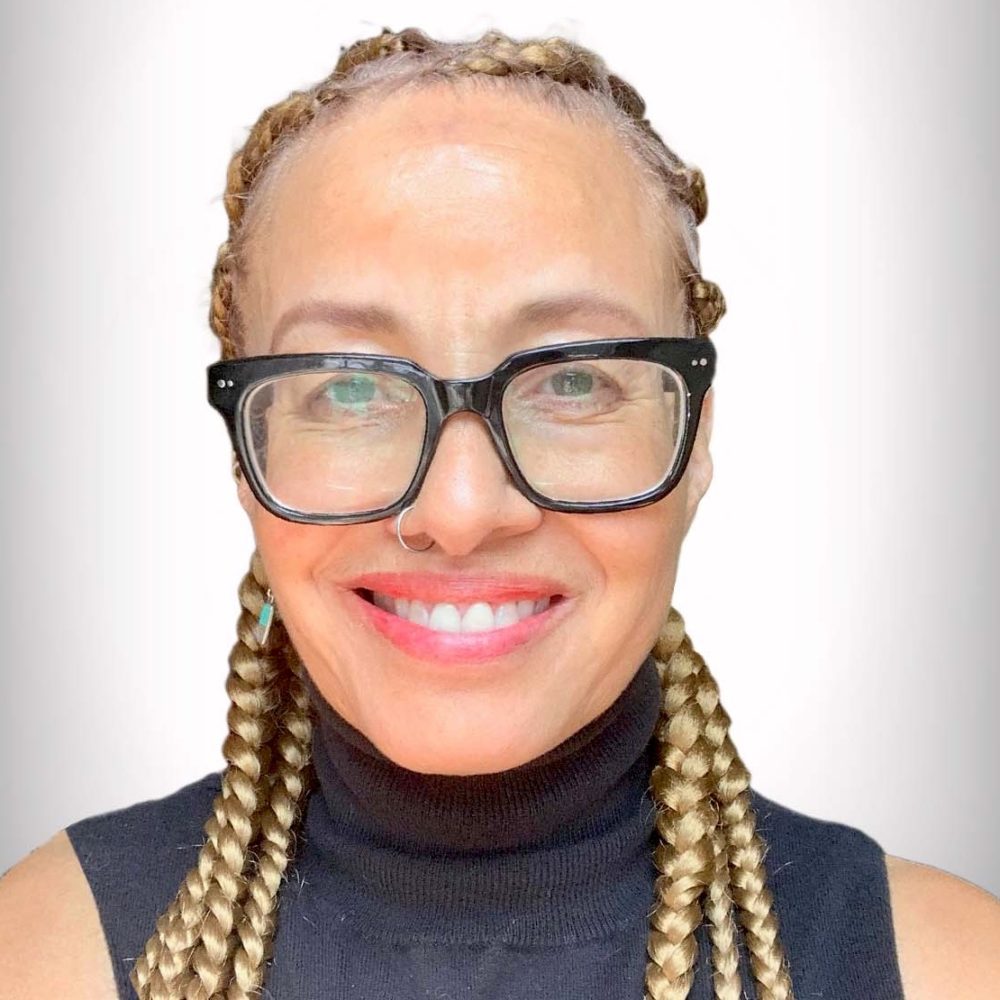
Second Kavli workshop to focus on coverage of science and race
Science writers will take a deep dive into a magazine article and join small-group discussions with scientists on Oct. 6 as CASW offers its second program on science journalists’ responsibilities and values, “Science journalism meets social justice: A workshop on covering science and race,” as part of the virtual ScienceWriters2021 conference.
The workshop is funded by the Kavli Foundation, which sponsored a workshop at ScienceWriters2020, “Journalists and scientists at the frontiers of science: A dialogue about values and responsibility.” That event included an opening session taking a close look at an article about reanimating pig brains, followed by online discussion groups in which scientists and journalists discussed the special challenges of covering leading-edge research in other fields.
Again this year, the opening session is organized by author, freelance journalist and journalism instructor Robin Marantz Henig, a past president of the National Association of Science Writers. NASW and CASW together produce the annual ScienceWriters conference, which this year will take place online Sept. 28-Oct. 8.
In the opening session, “Improving the coverage of science and race in a time of reckoning,” author Linda Villarosa will discuss her path-breaking article, “Why America’s Black Mothers and Babies are in a Life-or-Death Crisis,” from the New York Times Magazine of April 11, 2018.
Journalist Nicholas St. Fleur of STAT will moderate a discussion with Villarosa, her editor Jessica Lustig, and Arline T. Geronimus of the University of Michigan School of Public Health. Evelynn M. Hammonds, chair of the Department of the History of Science at Harvard, will be joined by physician, scholar, and activist Vanessa Northington Gamble of George Washington University, for a follow-up discussion.
Both the 2020 and 2021 programs grew out of conversations between Kavli Foundation and CASW staff about the need for more conversation about special ethics issues that science journalists confront on their beat.
“During the planning for last year’s workshop, one of the organizers mentioned that racism is more and more the issue in bioethics,” said Rosalind Reid, CASW executive director. “At the same time, science writers are working hard to make our community more representative and inclusive and improve the reporting we do on issues that matter for diverse audiences. Just as science should serve all, so should science journalism. The workshop is a chance to talk about how to do that better.”
The discussion groups will focus on the challenge of integrating different kinds of knowledge—in particular, writing about Indigenous knowledge when covering climate—and issues of equity and labeling in neuroscience and genetics.